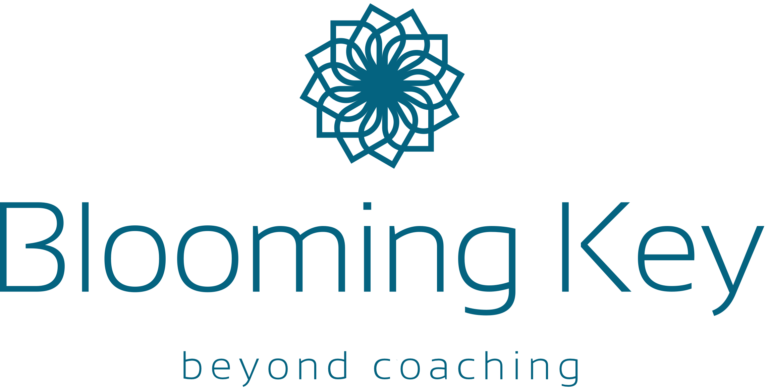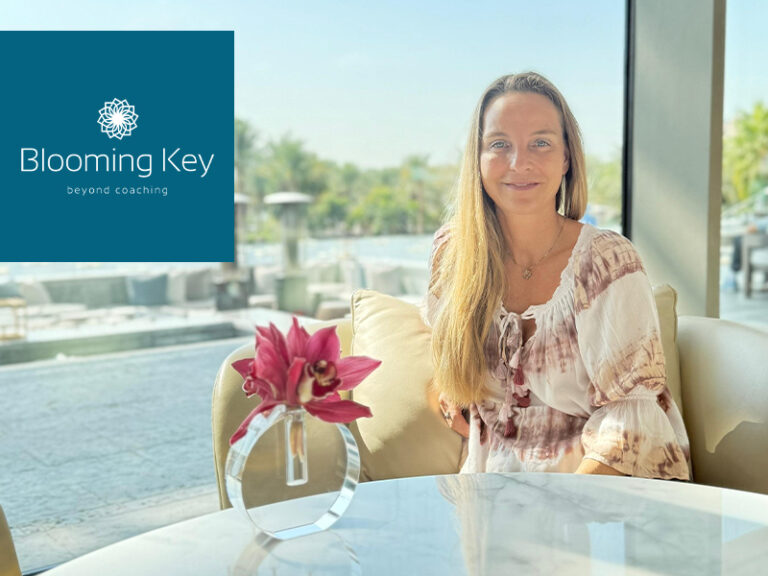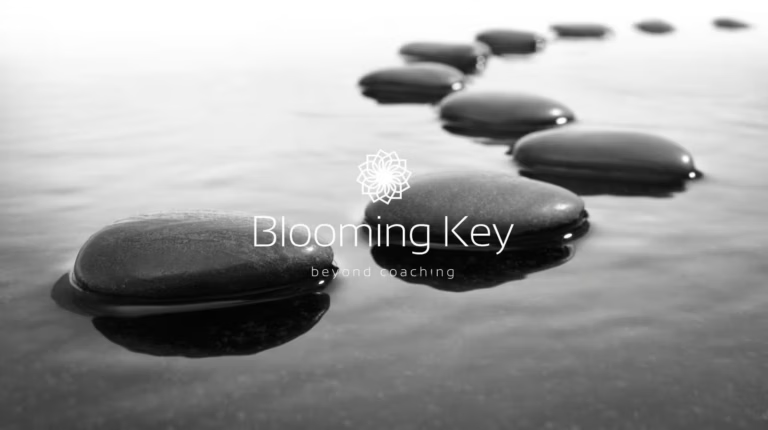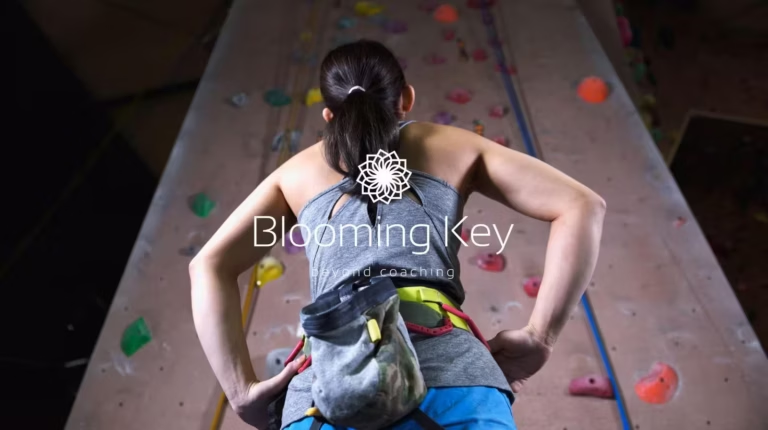Increase your emotional intelligence and you’ll have a brand new perspective on your life and those around you.
For many years, it has been believed that IQ plays the most important role in determining how successful one is in life. But that is not true. Contrary to popular belief, people who are academically brilliant or are high achieving professionals do not have it all. It is people with high emotional intelligence who are truly winning at life. An individual who has a high emotional intelligence can manage his emotions better, communicate healthily, and have good relations with people around him. They can also deal with stress better than most people and lead a good quality of life. Your IQ may scale you to new heights but your EQ helps you deal with the lows of life.
Following are the 5 ways in which you can increase your emotional intelligence:
1) Acknowledge and process your emotions: Tap into your emotions and pay attention to how you’re feeling. You may be feeling sad, anxious, ashamed, or guilty but it is important to not judge your emotions. Allow yourself to completely feel what you’re feeling. There is no shame in feeling a certain way so acknowledge your emotions and validate them. Don’t be too hard on yourself and take your time to process your emotions. Only then will you be able to make peace with it and increase your emotional intelligence.
2) Cultivate Empathy: You cannot truly achieve emotional intelligence if you’re ignorant of other people’s feelings. Empathy does not mean understanding other people, it means stepping into their shoes and feeling their emotions. It is a way of showing solidarity and resonating with them on a human level. Practice active listening, be open-minded and extend kindness towards others to cultivate empathy and increase your EI.
3) Practice self-reflection: Self-awareness is one of the core traits of emotional intelligence. Unless you do not truly understand yourself, you cannot increase your emotional intelligence. A person with a high emotional quotient often reflects on his actions and decisions and does not let emotions get the better of him. He analyses his strengths and weaknesses and acknowledges his limitations and biases.
4) Don’t react, respond: If you’re feeling hungry or disappointed, take a moment and understand why you’re feeling the way you do. Get to the root of it. What you are feeling is completely valid but there is probably a better way of responding rather than acting impulsively. Instead of lashing out at somebody and hurting them with your words, take a moment to calm down, try to analyze the situation rationally, and then responds mindfully.
5) Align EI with your core values: It is easier to improve your emotional intelligence when it is infused with your core values. To have a high emotional quotient, you need to know what you truly value in life. Because that’s where your actions and emotional energy are directed towards. It is easier to embrace your emotions rather than fight them when they are in alignment with your core beliefs and principles.





